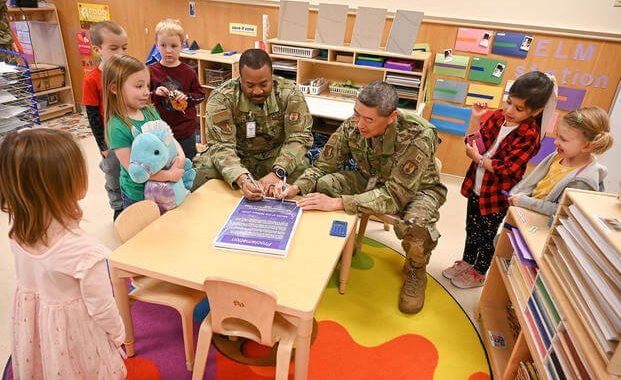Healthcare Jobs Are Booming: Why It Could Be Your Next Career Move
3 min readThe healthcare system was already working with a shortage of staff before it found itself flung into the chaos and overrun hospitals of the COVID-19 pandemic. In 2018, healthcare became the largest employer in the U.S. California’s projected demand alone is approximately 500,000 new health care workers by 2024. As hospitals become overrun, healthcare workers are in even higher demand than ever before.
Misty Frost, CEO of Carrus, an organization dedicated to building learning experiences that allow individuals to enter and then grow their careers in healthcare. Her vast career experience with the healthcare industry has given her insight as to how hospitals can best address staffing shortages, what they can do to attract and keep top talent during this difficult time, as well as what workers can do to better position themselves to transition themselves into a career in healthcare.
Below are some insights and tips she recommends considering.
Look into non-clinical staff positions. There is a huge demand for non-clinical staff since they make up the bulk of the healthcare system and don’t require full medical degrees. These jobs include medical assistants, pharmacy techs and , licensed practical nurses (LPN)
Don’t assume you need a medical degree. Often the jobs only require a specific certification and many hospitals are willing to work with them while they finish their educational requirements.
Being seasoned in the workforce is a plus. In some fields like entertainment and tech, there’s a tendency to lean towards younger professionals. However, the hospital environment deals with the high pressure of actual life and death situations, while also needing to demonstrate a patient service mentality. Candidates that have experience in other industries that support that, whether in the customer service industry or military veterans, that experience is highly desirable when looking at candidates for a job.
Medical coding and billing is another dominant role in demand. Having someone who can balance the knowledge of medical terms and procedures to ensure they code bills correctly is critical the viability of a hospital.
Back office infrastructure positions are set for growth. Though not at the level of demand that frontline positions are at, they are set to increase to support the growth of the healthcare system. Healthcare has not traditionally thought strategically about their infrastructure the way that most companies do. However, as larger organizations continue to merge with smaller facilities, the greater the demand for better infrastructure and support functions.
Growth will continue even after the surge of the demand COVID-19 pandemic. Frost shares that, “Healthcare is a very person to person job. Patient care is delivered by humans. Some things can be automated, but that part will only grow in demand.”
Training and education of clinicians and staff will be paramount. Medical knowledge has been expanding exponentially. Whereas the doubling time was an estimated 50 years back in 1950, it accelerated to 7 years in 1980, 3.5 years in 2010, and 73 days in 2020. This will create a demand for learning professionals that know how to cater to the specific technical skills and time limitations of the ever growing healthcare staff. No matter how skilled and talented might be there will always be a gap between what you know and what there is to know.
Frost advises that, “If you’ve been thinking about getting into healthcare or looking to re-skill there’s definitely openings and demand with no lack of growth in sight.” Now be the time to start the endeavor of getting licensed for the job that will either get your foot in the door or plant both your feet in your next major career move.





